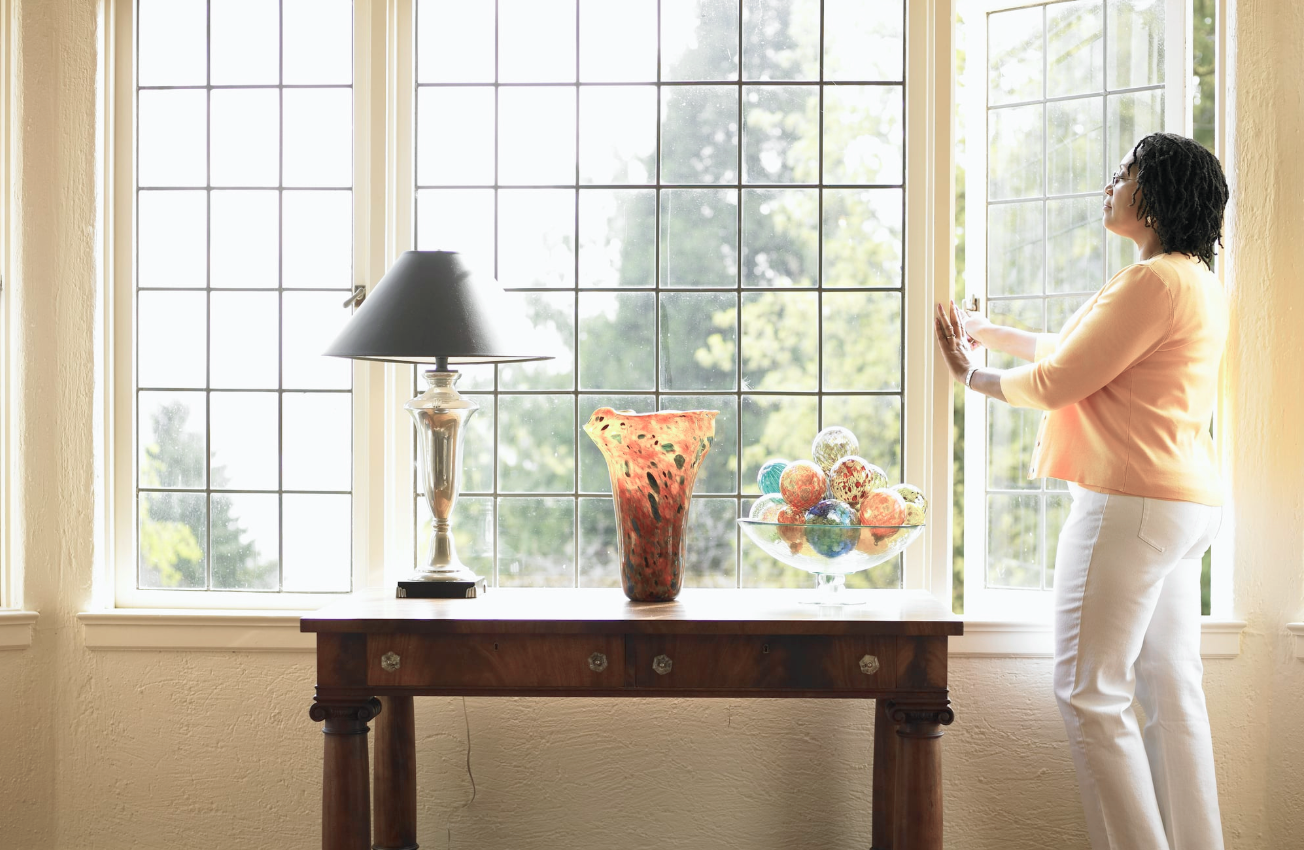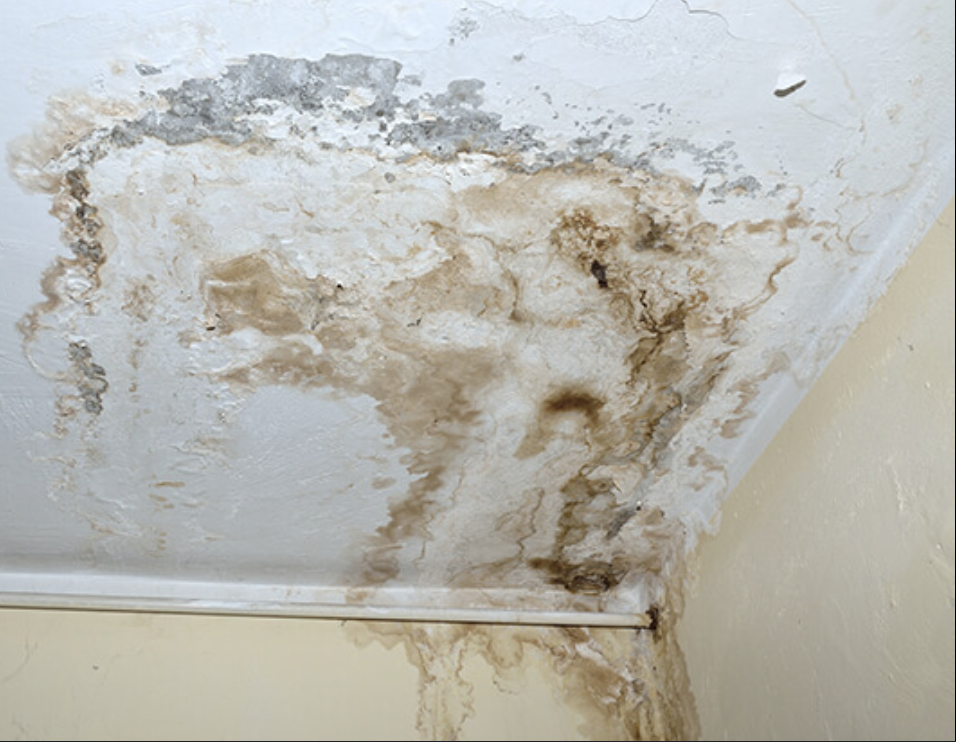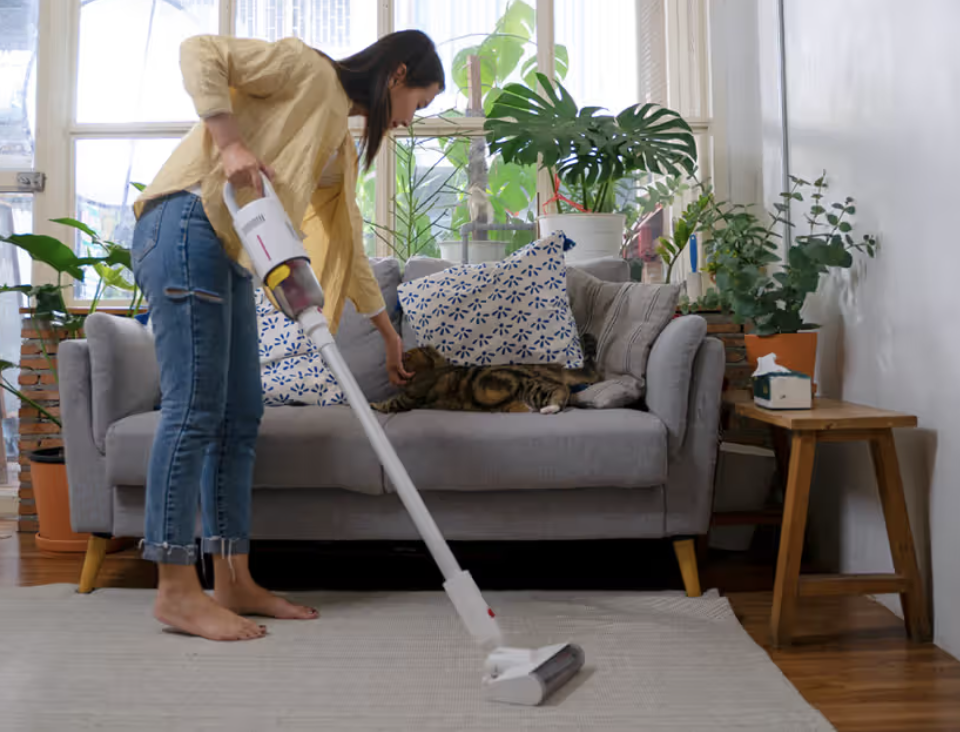
Summers in Central & Eastern Mass can be very hot and humid. Many homeowners spend most of their time outdoors during the summer months. However, when they step inside, they often find their indoor air quality is very poor. Allergens, higher humidity and rising temperatures all contribute to reduced air quality. Landry Mechanical put together this guide on How Summer Weather Affects Your Indoor Air Quality and how to improve it.
The Summer Heat
Pollutants inside your home are exacerbated by warmer temperatures.
If you use A/C in your home, you most likely have the windows and doors closed to keep cold air in.
These allergens linger inside your home and mix with warm air to create an uncomfortable environment.

The Danger of Humidity
Humidity isn’t just uncomfortable; it can become a breeding ground for harmful air pollutants. If indoor humidity rises above 60%, mold, mildew, and dust mites will thrive inside of your home.
Here are some tips to reduce your home’s humidity:
- Consider a humidity monitor to keep levels between 30-50%
- Properly Vent Bathrooms, Kitchens & other High Moisture Areas
- Use portable dehumidifiers or consider installing a whole-home dehumidifier
- Clean and dry damp areas and spots quickly

The Danger of Allergens
Pollen from trees, weeds, and other plants ends up everywhere during the summer including your home!
Pollen can enter your home on clothes, pets, and open windows. This contributes to poor indoor air quality during the summer season. It can also trigger symptoms in people with asthma, allergies, or other respiratory issues.
Here are some tips to reduce allergens in your home:
- Monitor pollen counts on weather apps
- Keep windows closed during days with high pollen counts
- Run an air purifier with a HEPA filter
- Regularly clean your home with microfiber cloths and vacuum cleaners

Air Conditioning & Air Quality
Air conditioning keeps you comfortable on steamy summer days.
However, A/C systems can either improve or degrade your home’s air quality. Dirty A/C filters can spread dust, pollen, and mold throughout your home. Malfunctioning A/C systems can also increase humidity.
Here are some tips on how to use your A/C without reducing air quality:
- Clean or replace your air conditioning filter regularly
- Let fresh air inside your home on a regular basis during cooler weather
- Consider upgrading your A/C system to a newer model with humidity control
- Use an air purifier in addition to your A/C in your home to filter out other allergens

Conclusion
Summer weather has a negative impact on your indoor air quality. However, by taking some proactive steps, you can stay comfortable even during a heat wave.
If you’re interested in improving your home’s air quality, “Just Call Landry” We’re your local HVAC & Indoor Air Quality experts standing by to bring comfort to your home.
